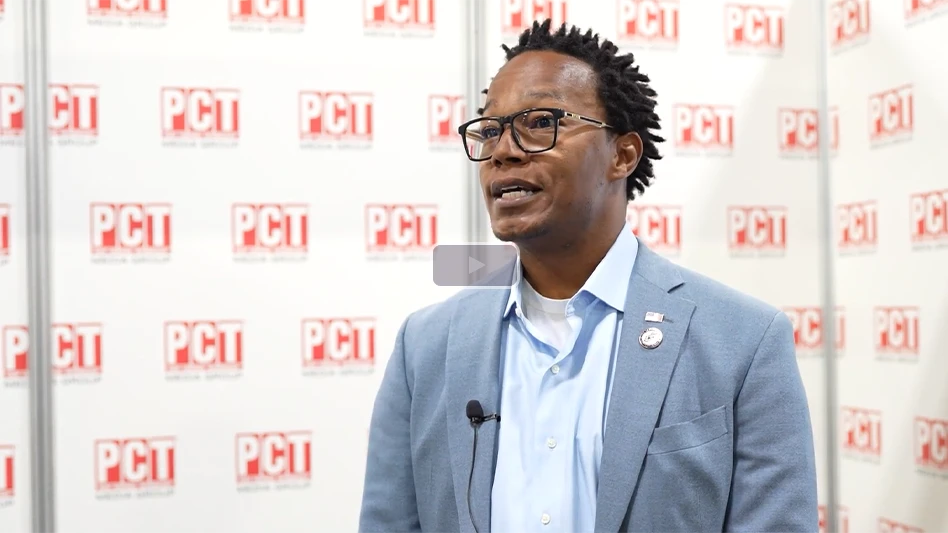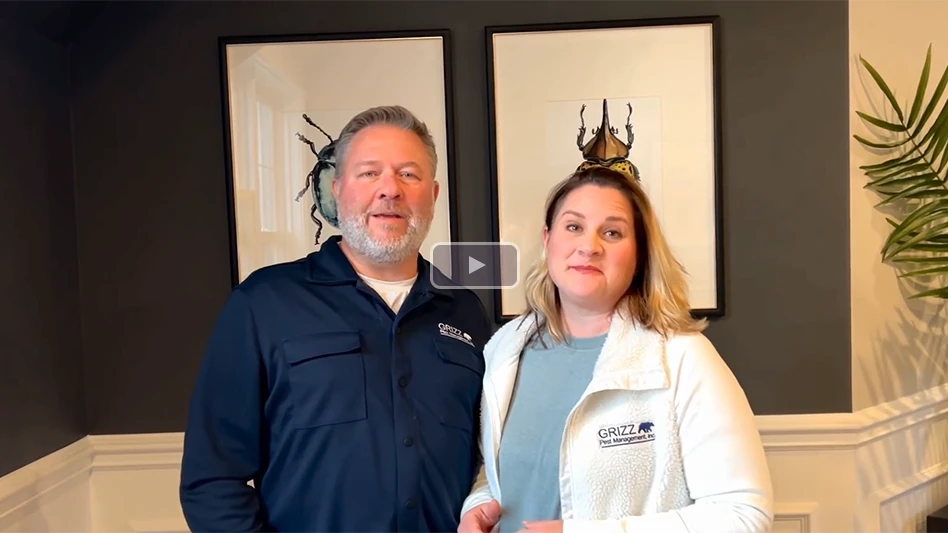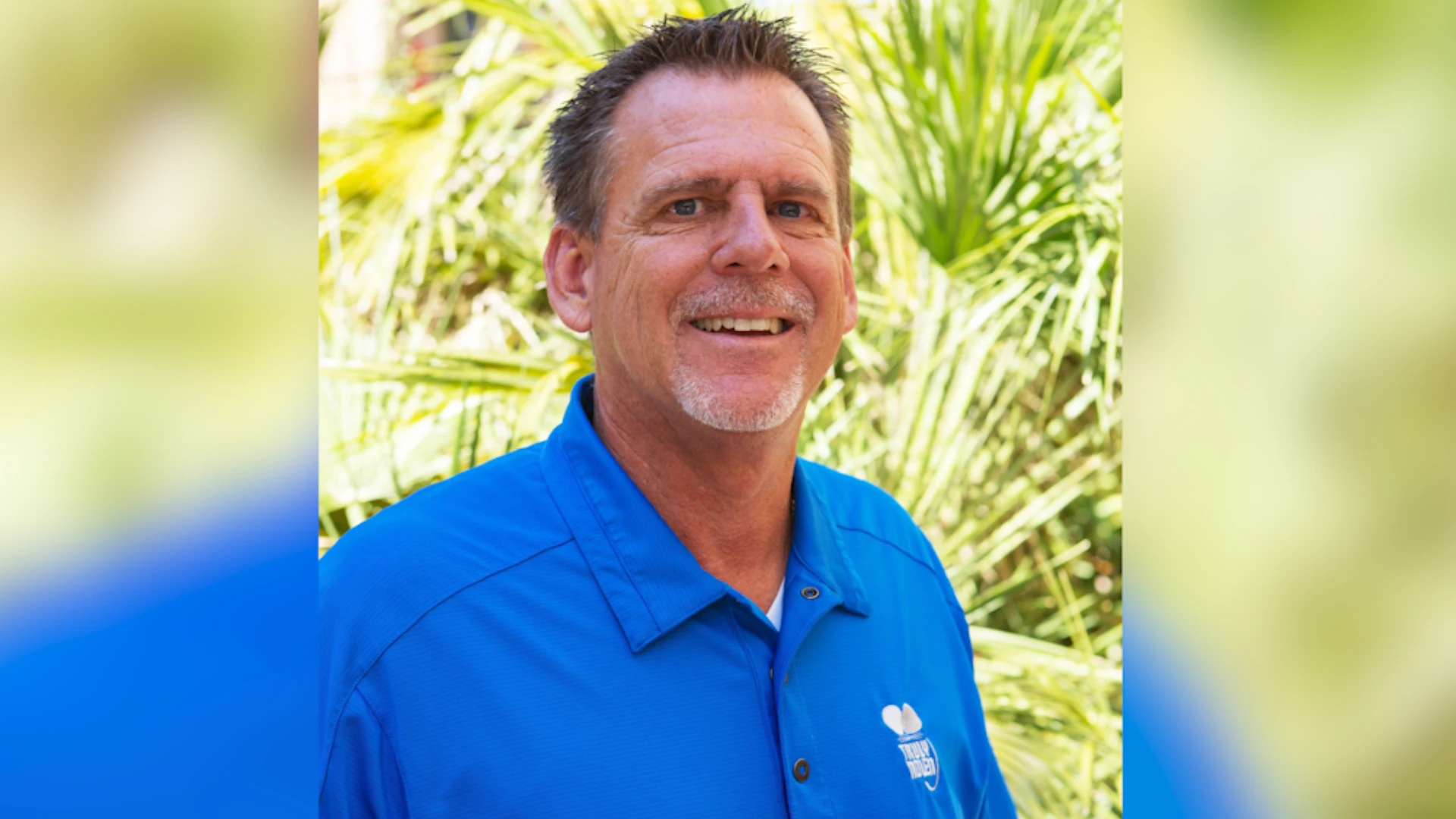How many times have you heard the following:
- "You all use the same chemicals, so how much are you going to charge?"
- "I still have a problem. I believe it is because your spray doesn’t stink! It is the stink that kills roaches!"
- "Joe’s Pest Control says he will do the same job as you for half the price!"
- "The big guys say they will build me a new house if the termites come back and cause damage!"
- "Mike was here — he says he used to work for your company so he does everything you do, but for less!"
It goes on and on.
What is a PMP to do? Bottom line, America does judge a book by its cover. It is not what you do but how the customer perceives what you do.
In many instances we are considered a commoditized market. A certain percentage of Americans think poorly of our industry. Low barriers to entry expose our industry to fly-by-nighters. It is not often our industry is portrayed in a movie or sitcom as professional. By engaging this commoditization you will be forced to endure a painful eternity of low-cost slugfests with every service technician that believes it’s time to steal an employer’s client list and break out on his or her own.
So how do you break out of the sea of sameness? How do you differentiate your unique level of personal, flexible solutions from the others?
In a commoditized marketplace you must successfully exploit two avenues to separate yourself from the pack. Brand building and innovation can help you stand out, dominate your competition and combat commoditization.
- Brand Building: Invent a service, product or way of doing business that is new or completely blows up the old methodology.
- Innovation: Take ideas that are working for others, place a different spin on them, and mold them into your business model.
The "unique selling proposition" (USP) is your way of explaining your business model and how it differs from the competition. It summarizes the ultimate benefit of your product or service. As you grow your business, competition may mandate repositioning your USP. This is a healthy exercise and keeps you sharp.
For instance, Tom Monaghan, founder of Domino’s Pizza, created a USP that fueled the growth of an empire: "Fresh, hot pizza delivered in 30 minutes or less, guaranteed." These are two product benefits with a specific and precise guarantee attached. He frustrates his competitors and dominates his marketplace. I have even seen statistics suggesting that the word "pizza" evoked a consumer response of "Domino’s" 85 percent of the time back in his company’s heyday. Just imagine if you could somehow generate a fraction of that success in your market(s) when someone in town says "pest control."
Chrysler was the first car company to offer driver’s side air bags. It was a great USP until all the other companies caught up and repositioning was inevitable. Your USP can be based on just about anything — positioning, price, product, service, etc. How about Subway sandwich advertisements? That firm retooled its USP by claiming you can lose weight by eating at Subway.
Look at the profits that flow from companies with successful USPs. It would seem obvious that you need to just get going and develop one for your company.
CREATE YOUR OWN USP. So how do you create a USP? Start by looking in the phone book, under pest control, everywhere you can. My wife is constantly annoyed because the first thing I do when entering a hotel room, whether on a family trip or business meeting, is grab the phone book and peruse Yellow Pages ads. The phone book is great because it can help attract your customer’s undivided attention. In a way, you are getting a moment of exclusivity, however brief.
In the Yellow Pages you are among a group of companies all angling for the same buyer. It is a competitive situation and only the strong survive. The phone book is chock-full of ads above, below, to the side and almost on top of yours. Take note of all USPs, features, benefits and statements made in every ad. Highlighting the ones you see most often is helpful in understanding common themes.
I believe you will find most pest management companies are sending the same message. This may sound like the right approach, because everyone else is doing it, but it is absolutely wrong if you want to create distance between you and everyone else. Your message must differentiate you in a compelling, appealing way.
Think about the power some products have derived by separating themselves. Take sneakers, for example. Companies are making money selling sport-specific sneakers. I had one pair of sneakers when I was a kid. Today sneakers are marketed for specific uses such as volleyball, cross-training, basketball, running and soccer.
Likewise, you might ask yourself, "Why should people choose my pest control service versus any other option?" If you cannot answer this question, you are probably getting business because of your low price, personal charisma or being the only game in town. Consider yourself warned: this kind of business model is vulnerable.
Your USP can be different for each product line you offer. For example, in my bedbug program, I tout a specific staff member who for eight years performed pest control in Scotland, where 90 percent of his work was bedbug control.
As another example, many of our clients in this particular market are Spanish-speaking and housekeeping employees. I happen to have a Spanish-speaking service manager that can train these folks in bedbug prevention. Talk about a great USP! This is a spiking problem in America where many companies do not have employees old enough to remember when bedbugs were a problem. I employ a trained expert and an individual who can effectively communicate to those most likely to discover such an infestation.
When I market to property managers, my USP focuses mainly on being a one-stop shop for all their pest-related needs. I can fertilize lawns, treat arbors, provide pest control, encapsulate crawlspaces, power-wash decks, pressure-wash siding and clean air ducts — one call does it all. I can also centralize their billing. The common theme is make it easy for the customer to do business with us. For some that might mean taking all credit cards. Offering 24-hour service. Having technicians wear booties over shoes. Or having a customer bill of rights.
One of the best ways to solidify your USP is with an offer no one can refuse. I particularly like the idea of offering customers a "free gift" for taking the time to have their homes or businesses evaluated. Gift ideas include privately labeled insect repellent, suntan lotion, sticky note pads, mouse pads, pens and coloring books.
FINAL THOUGHTS. USPs have propelled companies into dynasties when crafted wisely. Put some thought into this powerful tool and watch as your customers differentiate you from all the others.
CPA Daniel Gordon owns the accounting firm PCO Bookkeepers (www.pcobookkeepers.com). James McHale Jr. is president of JP McHale Pest Management based in Buchanan, N.Y.
*****
Say What?
Consider using this idea, "borrowed" from a plumber, in your Yellow Pages ad:
ATTENTION HOMEOWNERS:
No other pest management professional makes this irresistible guarantee:
My Pest Control Technician Will Smell Good, Show Up On Time, And Leave Your House As Clean And Neat As It Was Before We Arrived, Or I Will Pay You!
With the proper exclusionary clauses and limits, this could really work for some pest control companies. — Daniel S. Gordon

Explore the July 2010 Issue
Check out more from this issue and find your next story to read.
Latest from Pest Control Technology
- MGK Announces EPA Registration of Botanical Active Ingredient Veratrine
- Termite Control Sales Strategies
- NPMA Announces ELP Class of 2025
- Termite Control Tools and Equipment for PMPs
- Choe Reviews Drywood Termite Geographical Hotspots, Latest Research Findings
- Mosquito Squad Announces Rebranding to Mosquito Squad Plus
- Pest Control Equipment: If it’s Critical, Back it Up!
- In Memoriam: Marybeth Wonson





